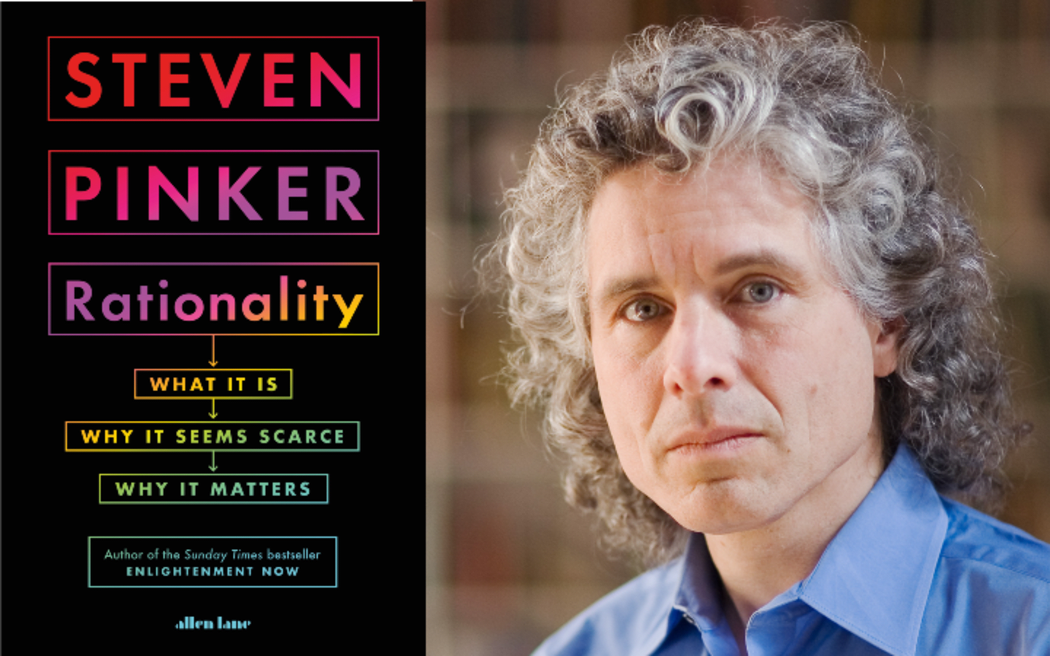How do we determine and stand up for what is rational in 2021?
Cognitive scientist Steven Pinker tackles this question in his new book Rationality: What It Is, Why It Seems Scarce, Why It Matters.

Photo: Supplied
Pinker defines rationality as "the use of knowledge to attain goals" and knowledge as "a justified true belief".
Most people aren't aware of the academic tools of determining rationality — such as logic, probability and game theory — and Rationality is his attempt to share them, Pinker told Kim Hill.
Throughout history, public rationality has always been hard-won and easily eroded, he says.
And although it may seem like there's more irrationality around today, we can't say that unless we can measure how much there used to be.
"We've always been vulnerable to the kinds of irrationality that are catching our attention right now," Pinker said. "We've always practised medical quackery and paranormal beliefs ... conspiracy theories go way back, fake news."
"It's always a mistake to observe something deplorable and think things are getting worse."
When it comes to belief, people have always been disinclined to change their minds as it can seem to prove the poor basis for their earlier beliefs or predictions, he said.
"To the extent that we can spin-doctor or bend the evidence to make it seem as if we were right all along, we think that reflects well on us as a wise person worth listening to."
Reason is the most powerful human value because it is the only one able to step back and look at itself, he said, adding that you can't use reason to criticise reason.
Cancel culture — which Pinker defines as "silencing or punishing someone for an opinion" — runs counter to reason, he said.
"If you've got a regime where merely voicing an opinion gets you silenced or punished then we've kind of turned off the only mechanism that we have of discovering knowledge.
"No one is infallible, no one is omniscient, the only way our species has been able to do anything worthwhile is by voicing opinions and allowing them to be criticised."
Pinker is very concerned about the shutting down of criticism against official policy, such as the fallout from his "beloved professor" and friend Michael Corballis signing a contentious open letter that appeared to dismiss mātauranga Māori.
"How do we get rid of archaic policies if criticising the policy gets you punished under the policy?"
Despite the rise of cancel culture, the world was a much better place now than it used to be, Pinker argued in his 2018 book Enlightenment Now.
While it's true that greenhouse gas emissions and the extinction of species are worsening, many people were unaware of the extent to which world poverty had declined and life expectancy had increased, he said.
Fake news wasn't new — most news was 'fake' until journalists started to implement standards of accuracy, fact-checking and sourcing in the 20th century, Pinker said — and our appetite for conspiracy theories wasn't new, either.
While social media had provided people with "a supercharged way of spreading nonsense", before the internet we avidly consumed supermarket tabloids, urban legends and conspiracy theories about 911, the Illuminati and assassination plots against John F Kennedy Jr and Martin Luther King.
"There is a lot of unbelievable nonsense proliferating now but it's not as if it's a new phenomenon. And we don't even know if there's more of it now."

